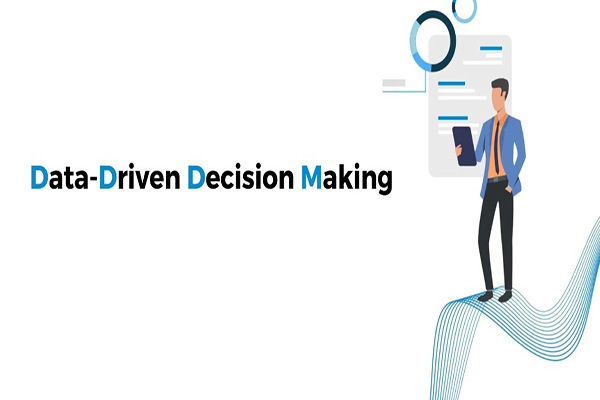The Power of Analytics in Modern Marketing: A Data-First Approach
Why Data-Driven Marketing Matters Today
1. How Analytics Revolutionizes Marketing Strategy
Modern analytics tools like Google Analytics 4, HubSpot, and Kissmetrics provide unprecedented visibility into customer journeys. These platforms track everything from initial touchpoints to final conversions, revealing what truly drives results. Take an online retailer noticing high cart abandonment rates—data might show the checkout process is too complex, prompting a streamlined redesign. Without these insights, marketers risk wasting budgets on ineffective tactics while missing golden opportunities hidden in their data.
2. Essential Elements of Data-Powered Marketing
Sophisticated data analysis enables hyper-targeted audience grouping based on location, behavior, interests, and purchase patterns. Streaming giant Spotify exemplifies this by creating personalized playlists like "Daily Mix" that keep users engaged longer through data-backed music recommendations.
By examining past behaviors with AI algorithms, businesses can anticipate future actions. Retailers like Target famously predict major life events (like pregnancies) from purchase data to time promotions perfectly, dramatically increasing conversion rates.
Rigorous A/B testing removes guesswork from marketing. An email campaign testing different subject lines ("Last Chance!" vs. "Your Exclusive Offer Awaits") provides concrete evidence about what resonates with subscribers.
Modern attribution models reveal the true impact of each marketing channel. A multi-touch approach might show that while social media initiates interest, email marketing ultimately closes sales—information crucial for budget allocation.
3. The Tangible Benefits of Data-Centric Marketing
Maximized Marketing Spend
Data reveals exactly which initiatives deliver results. When a software company discovers its YouTube tutorials drive 3x more signups than blog posts, it can confidently shift resources for better returns.
Personalization powered by data builds stronger connections. Amazon's "Frequently Bought Together" suggestions account for 35% of its revenue by showing customers exactly what they want.
Real-time analytics enable on-the-fly adjustments. During a product launch, if data shows certain demographics responding poorly, marketers can immediately refine messaging for those groups.
Data-savvy companies consistently outperform rivals. Domino's Pizza transformed its business by using customer data to optimize everything from online ordering to delivery routes, becoming the world's largest pizza chain.
4. Overcoming Data Marketing Challenges
With strict laws like GDPR, businesses must implement transparent data practices. Clear opt-in processes and secure data handling build trust while ensuring compliance.
Many organizations struggle with fragmented data across departments. Solutions like Microsoft Power BI create unified dashboards that give everyone access to consistent, actionable insights.
The key is identifying and tracking the right KPIs—conversion rates, customer acquisition costs, and lifetime value—rather than drowning in irrelevant data points.
5. The Future of Marketing Analytics
Advanced machine learning now predicts customer needs before they articulate them. Sephora's AI color-match tool increased online sales by 30% by solving a key customer pain point.
With voice searches growing 35% annually and visual search gaining traction, marketers must adapt SEO strategies for these new query formats.
As browsers phase out third-party cookies, smart marketers are building first-party data through loyalty programs and value exchanges that respect user privacy.
Conclusion: Data as Your Marketing Compass
In today's crowded digital marketplace, analytics provides the roadmap to marketing success. Organizations that harness data effectively gain deeper customer understanding, optimize every campaign dollar, and future-proof their strategies. By implementing robust analytics infrastructure, maintaining data quality, and staying ahead of privacy trends, businesses can unlock the full potential of data-driven decision making.



Comments
Post a Comment